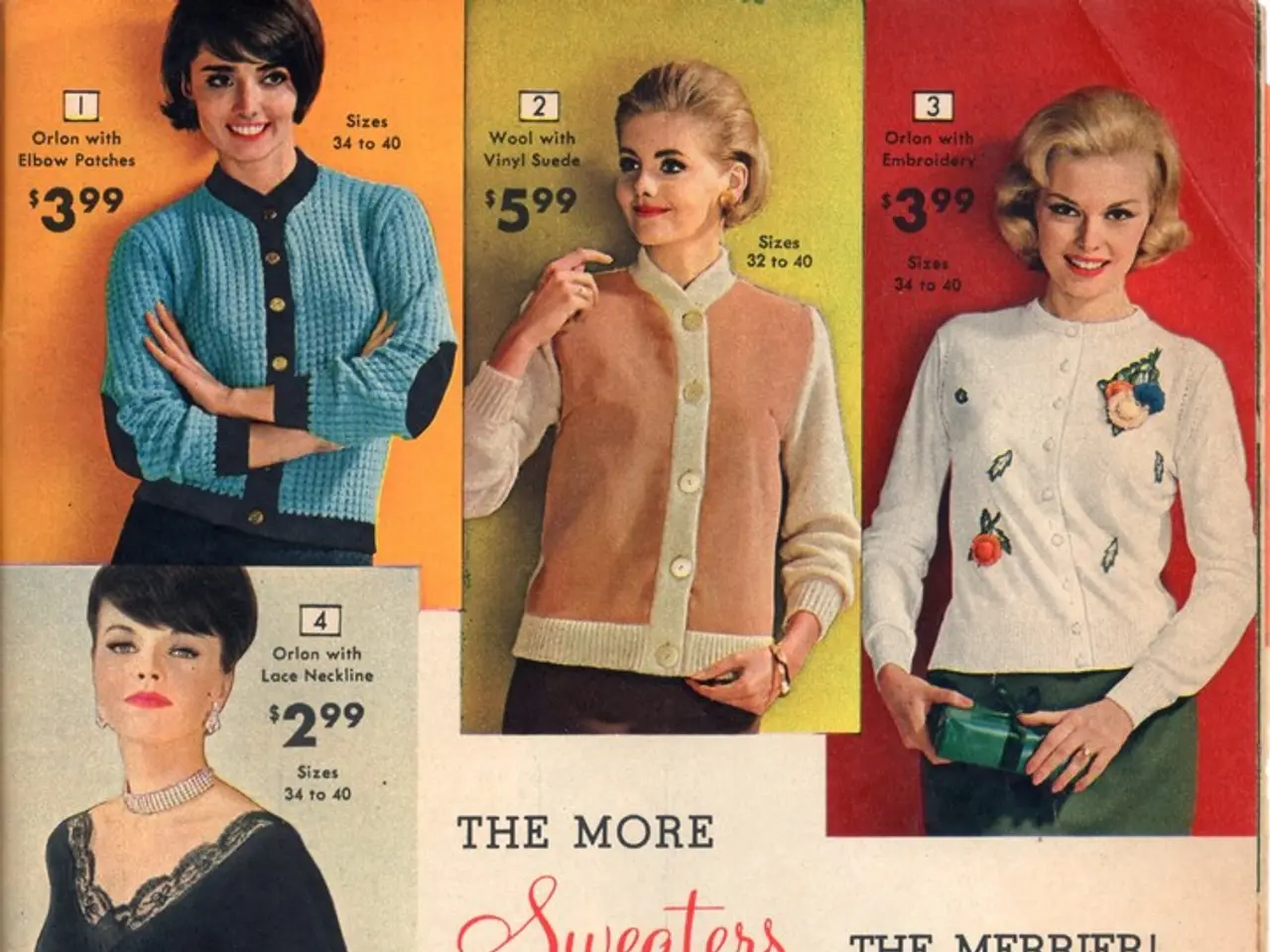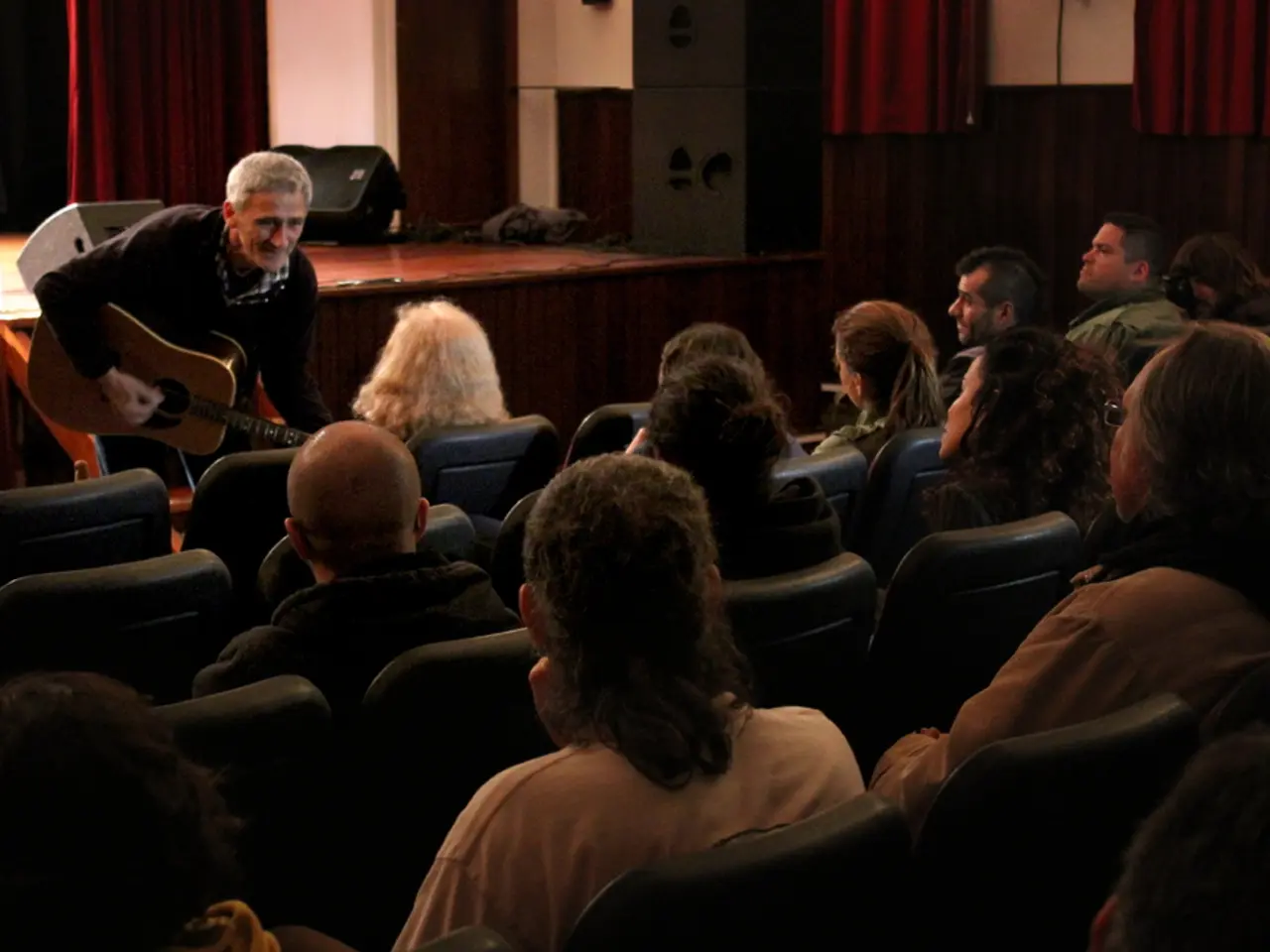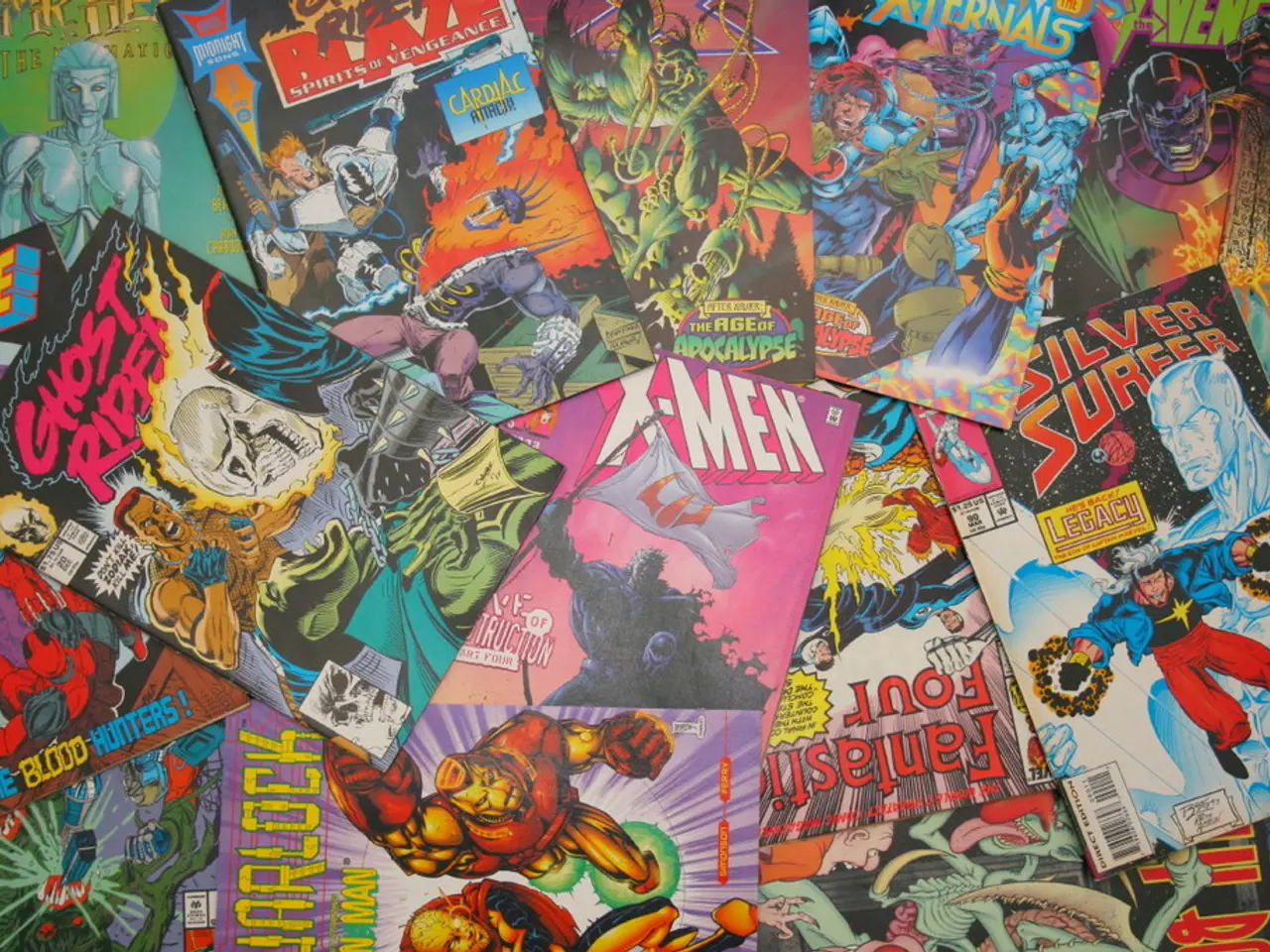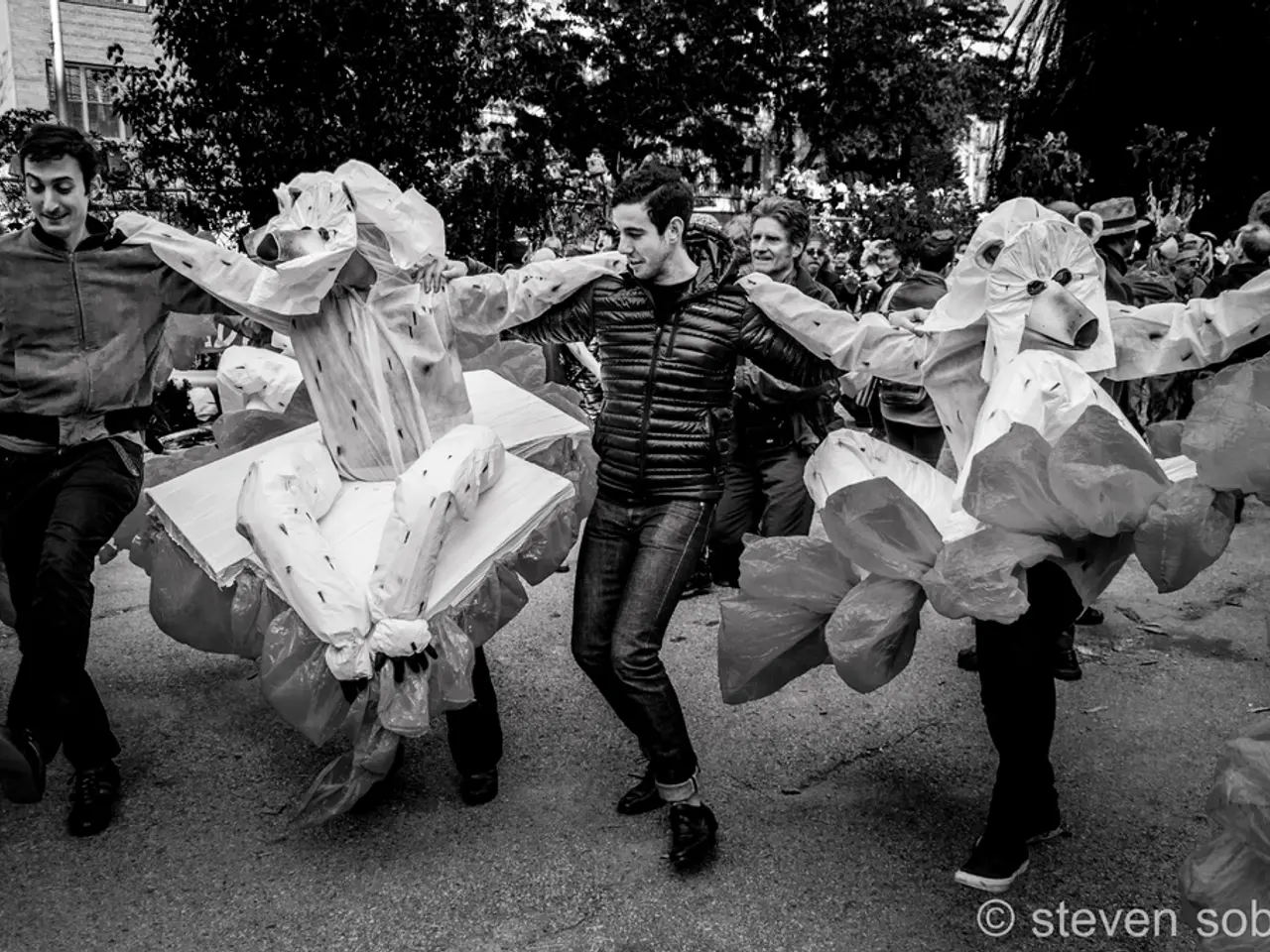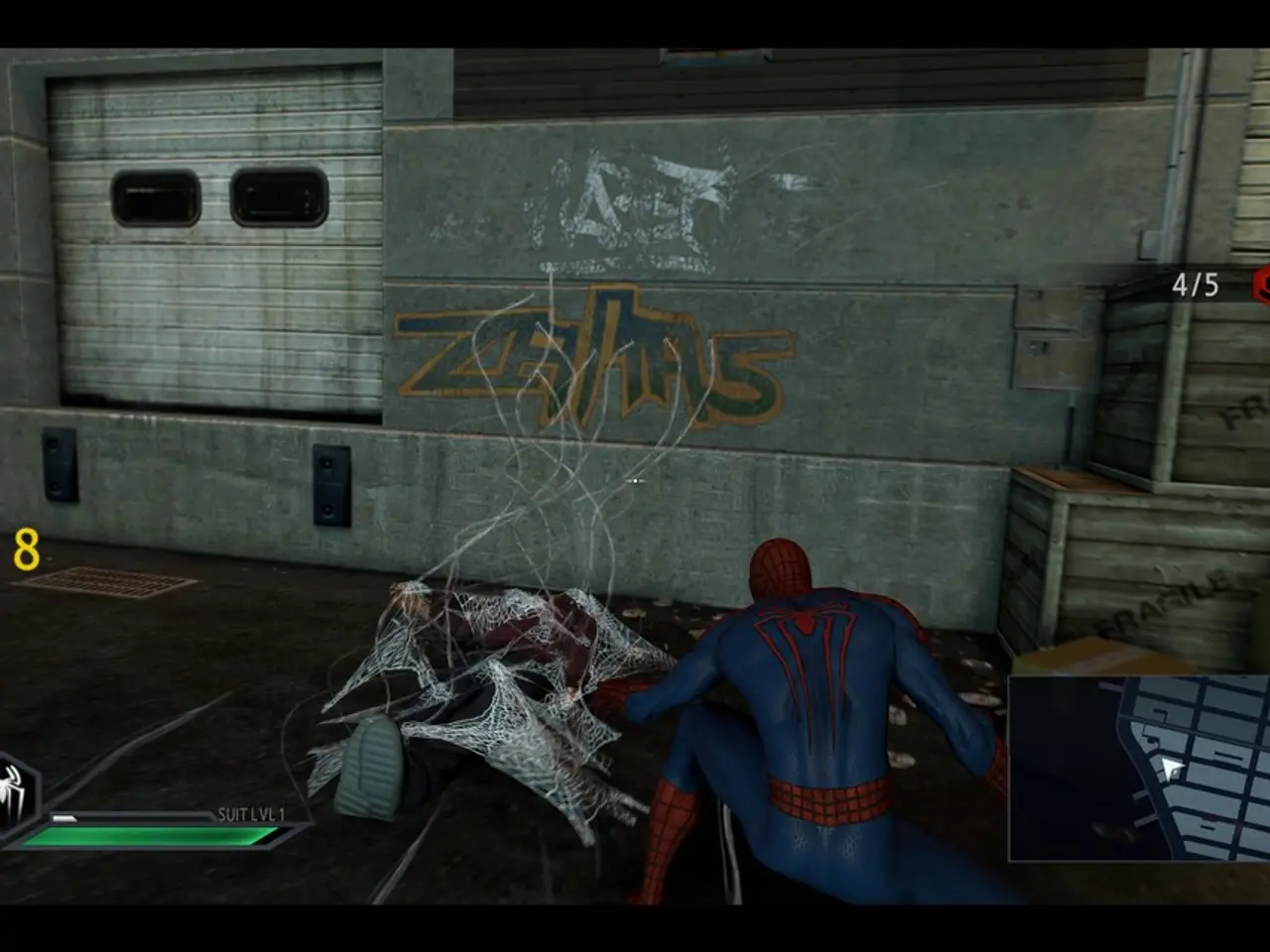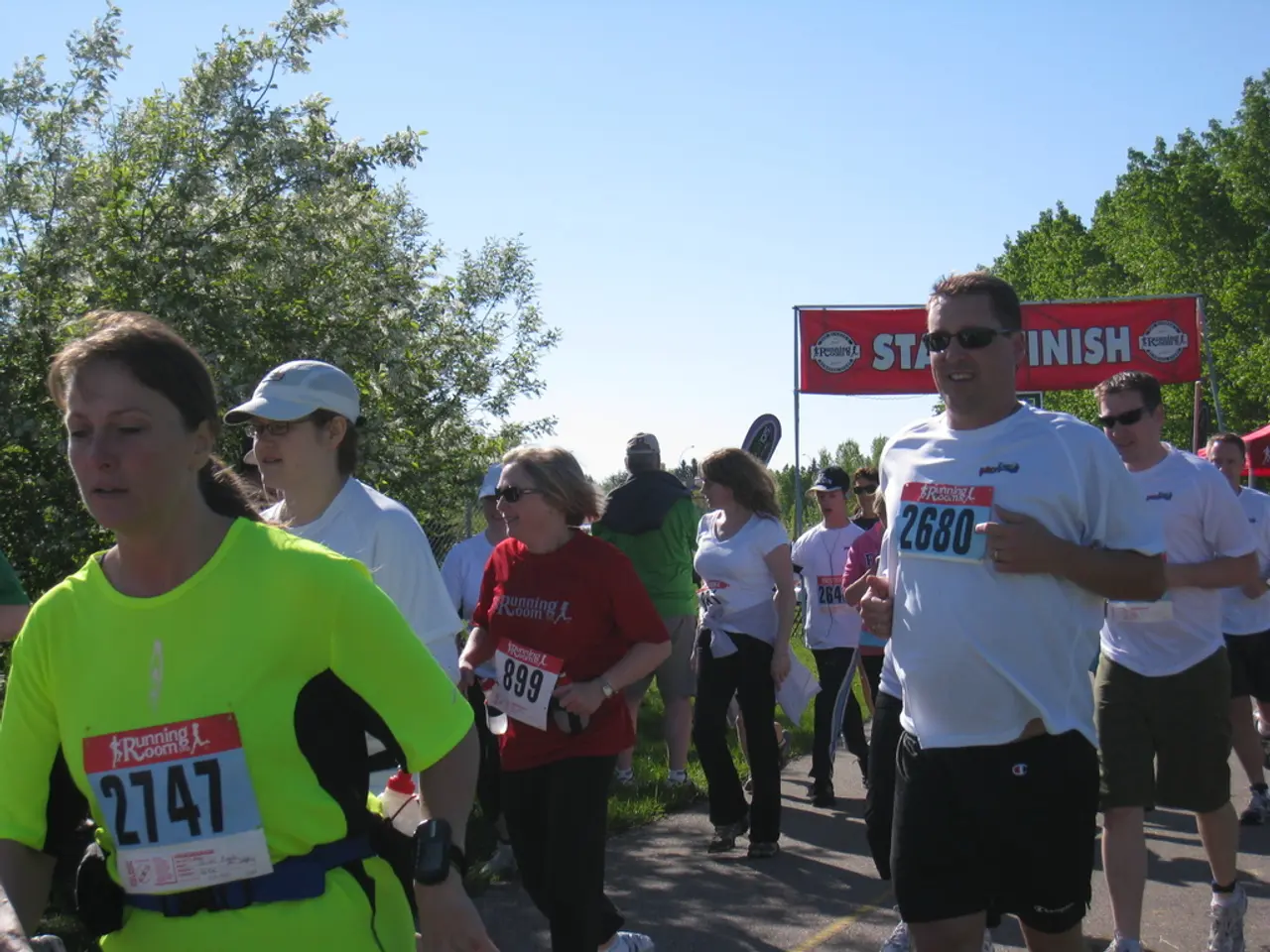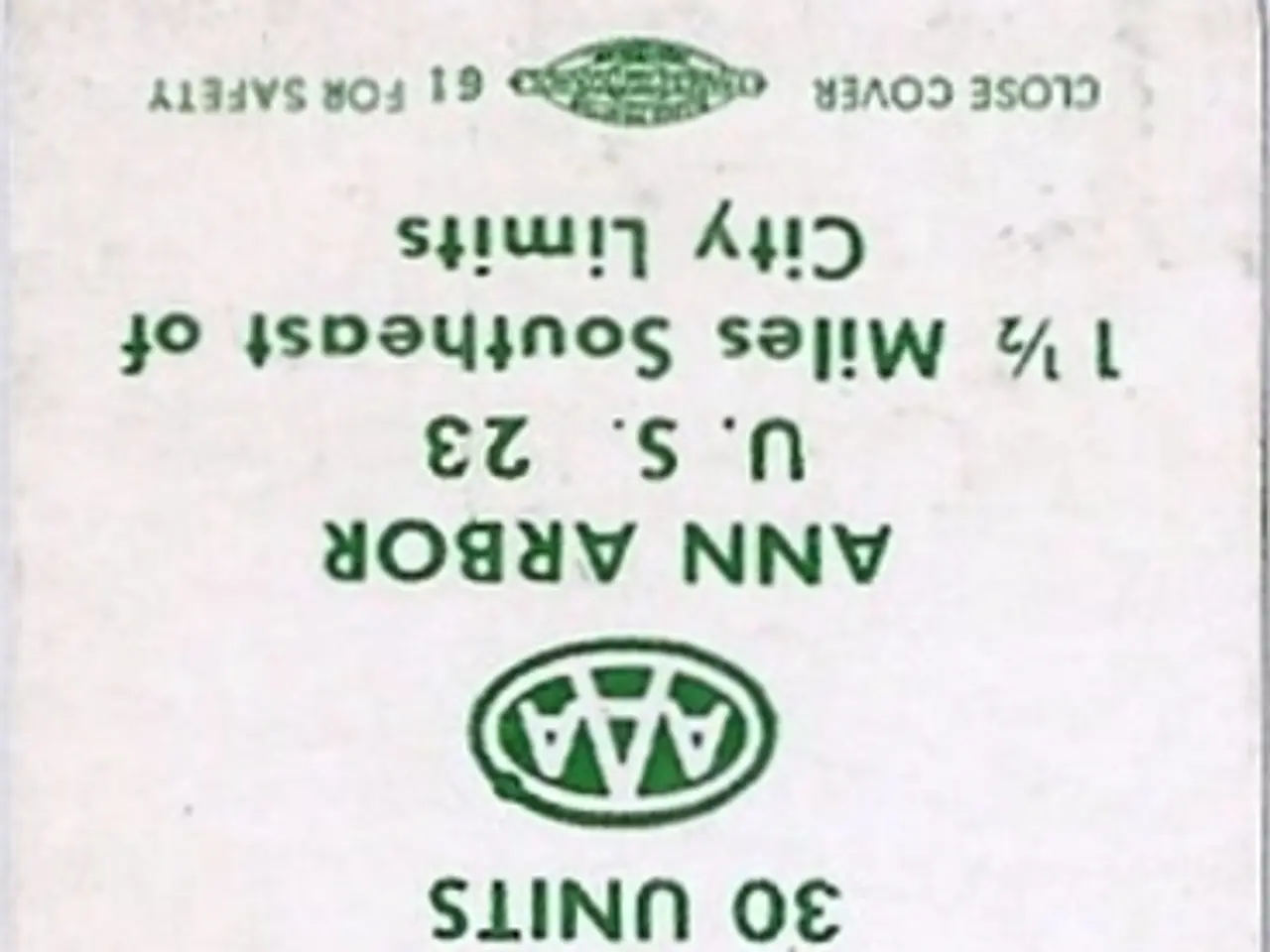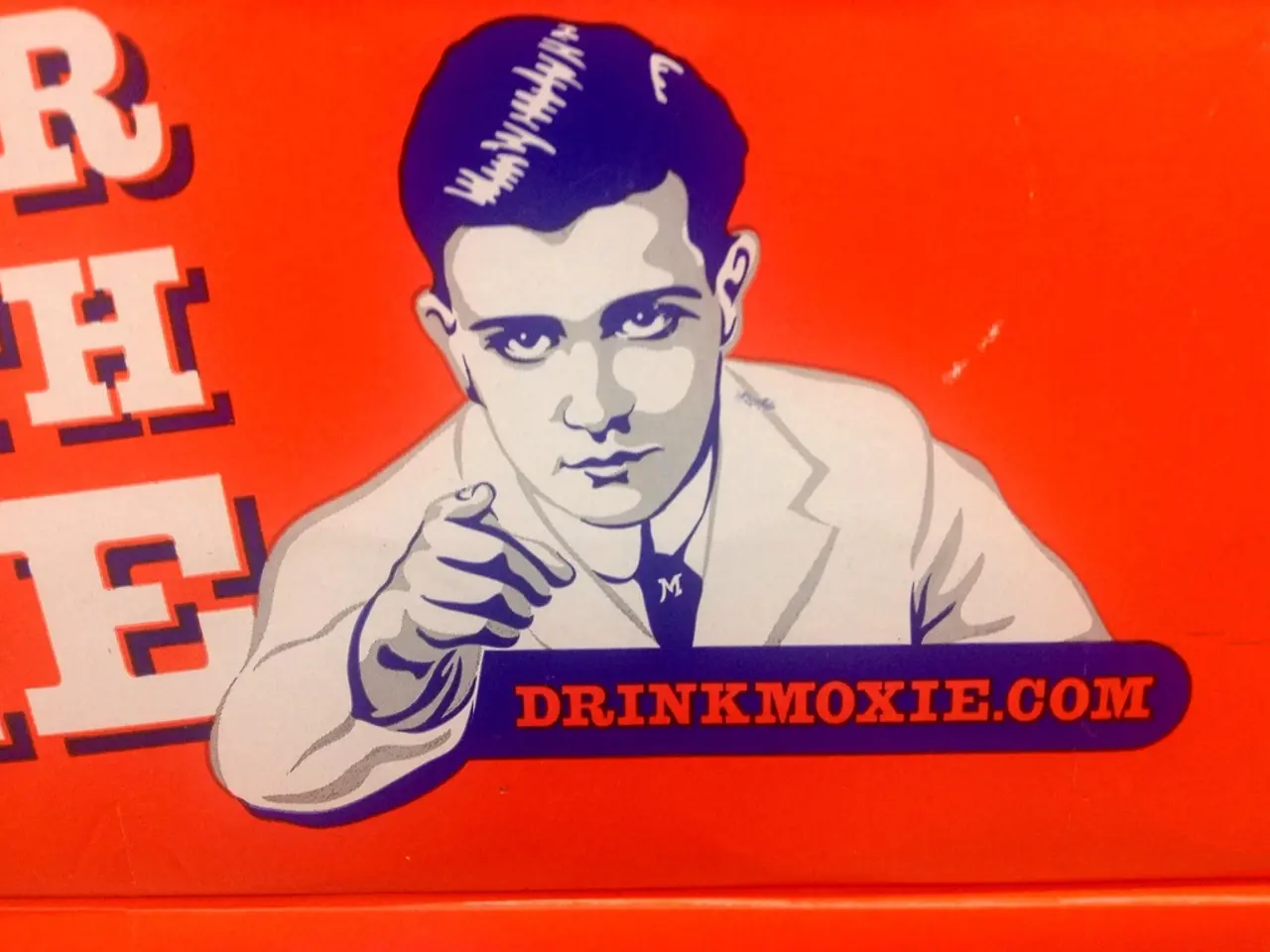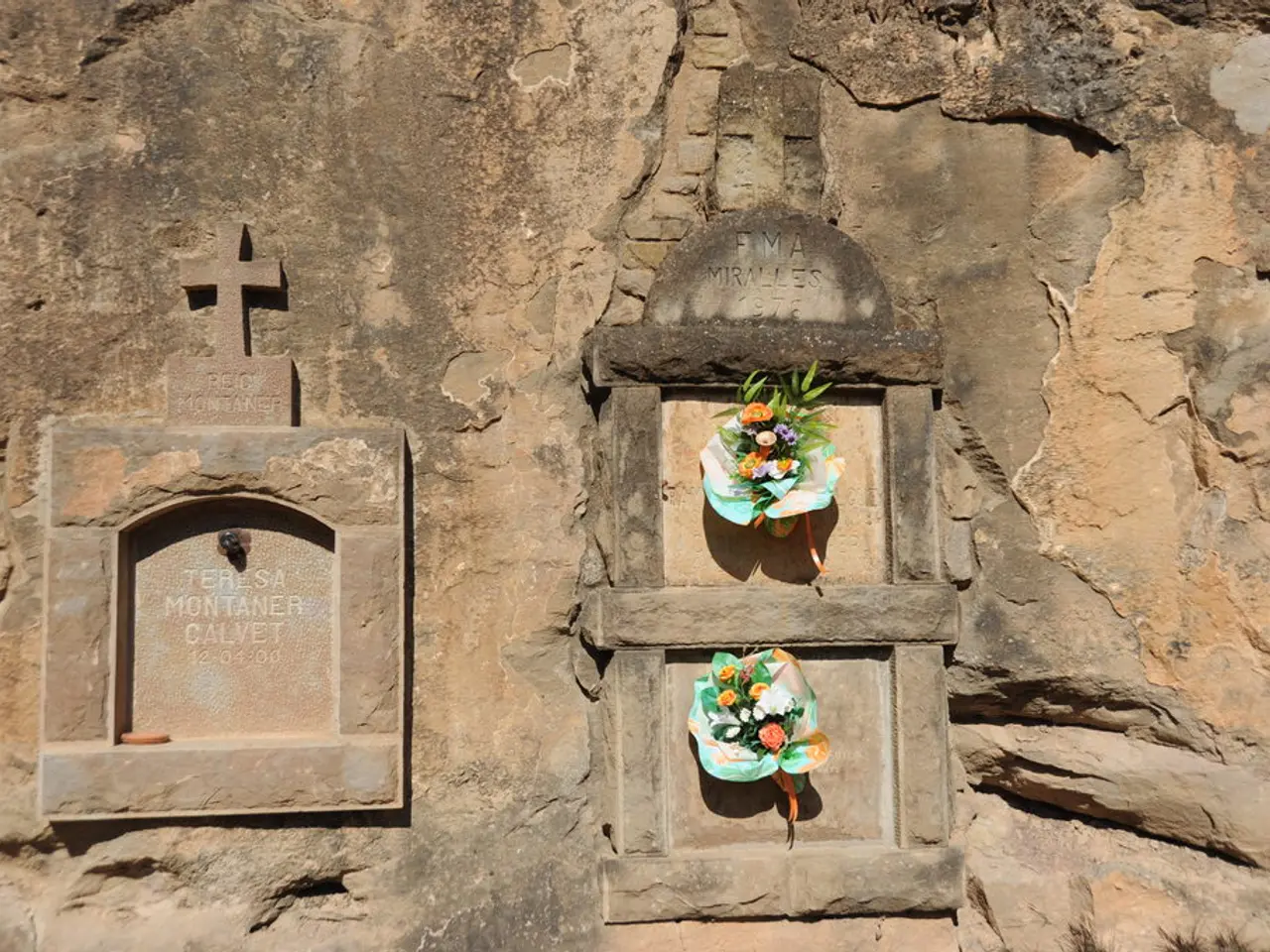Exploring Brooklyn's Yiddish Culture: A Blend of History, Performances, and Community Engagement
The Yiddish New York festival, an annual event showcasing Yiddish language, music, and culture, recently held a unique concert titled "Oy, I Like They...A Queer Tribute to Aaron Lebedeff." This event, which was originally planned to return to in-person concerts and group events but was moved online due to the Omicron-variant surge in New York City, stands out as a distinctive homage to Aaron Lebedeff, a major figure in Yiddish theater and music.
Aaron Lebedeff, a Belarus-born star of the New York Jewish theater world, was best remembered for the iconic hit "Roumania, Roumania" (1941). By centering a queer tribute concert around him, the festival highlights the intersectionality between historic Yiddish culture and contemporary queer identities, reflecting the evolving nature of Yiddish cultural revival and its inclusivity.
The concert featured performances by renowned artists such as Mikhl Yashinsky, a star of the recent Yiddish language production of "Fiddler on the Roof," and Jenny Romaine, with a backing ensemble that included Lorin Sklamberg. Yashinsky revamped Lebedeff's song "Az Men Farzucht, Un S'is Gut" with gay themes, while Romaine performed the Lebedeff number from the film.
The musical arrangements in the Queer Tribute version of "Az Men Farzucht" are conceptually linked to the original record. Sholom Secunda, a Yiddish Theater composer, wrote the band arrangement for Lebedeff's original record, featuring a "hot jazz" trumpet obligato. Erica Mancini, a synthesizer player, started the arrangement with a distorted organ timbre, referencing late 1960s rock.
The event began with a video of a song and dance performance of Lebedeff's 1921 record "Hulie Kabtzen" from the 1996 film adaptation of Nikolai Erdman's play "The Suicide." The concert was fueled by an impulse to give the spotlight to artists that aren't usually heard on the Yiddish New York stage.
The Queer Yiddish aesthetic emerged in the 1980s against the backdrop of the AIDS epidemic and the maligning and devaluing of its victims' lives. The Queer Yiddish movement's lineage was specifically referenced in the opening section of the Queer Tribute to Aaron Lebedeff concert. The confluence of queer identity and Yiddishism has grown over the course of the past generation, in part because of a deep affinity with the outsider status of Yiddish in American Jewish life.
The festival features concerts by renowned musicians, classes in Yiddish language and klezmer music, and lectures on Ashkenazi culture. By embracing diverse identities and narratives while honoring traditional Yiddish cultural heritage, the Queer Tribute to Aaron Lebedeff concert exemplifies how the modern Yiddishist community sustains a dynamic Yiddish cultural landscape in New York and beyond.
The Queer Tribute to Aaron Lebedeff concert, held as part of the Yiddish New York festival, showcased not only traditional Yiddish music but also merged it with contemporary entertainment, creating a unique blend of Yiddish culture and modern lifestyle. This event, by including gay themes in the arrangements of songs like "Az Men Farzucht, Un S'is Gut," demonstrated the intersectionality between Yiddish music and the queer community, reflecting the evolving nature of Yiddish cultural revival.
